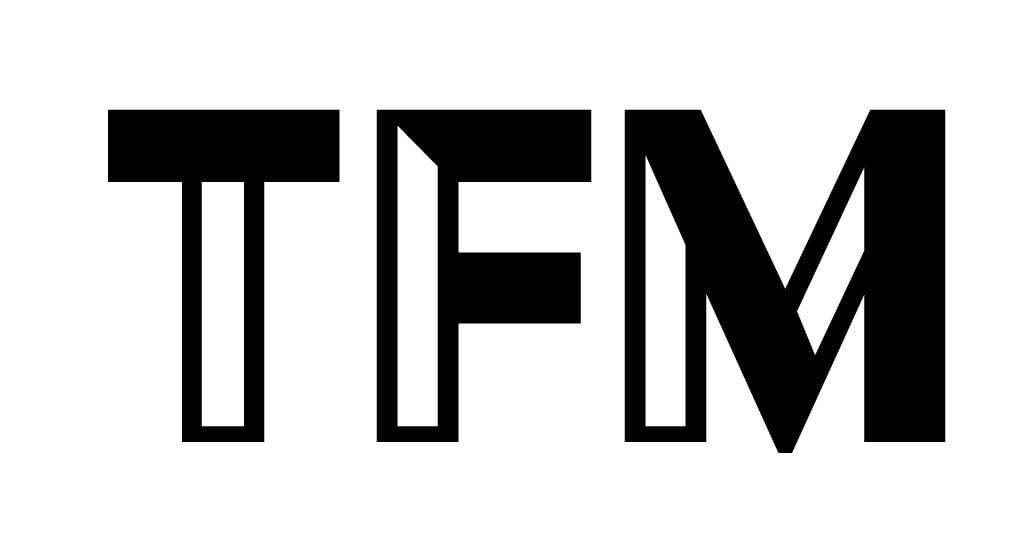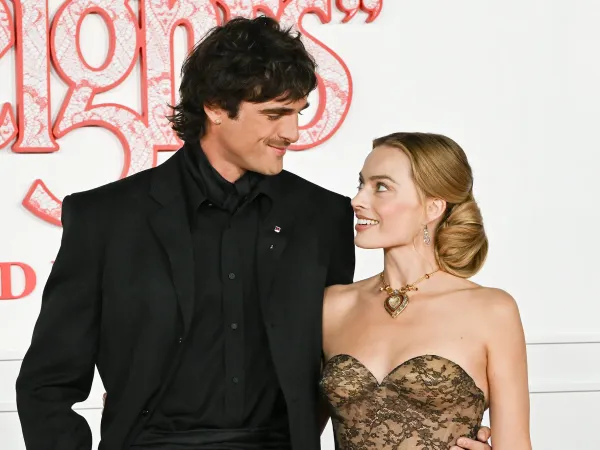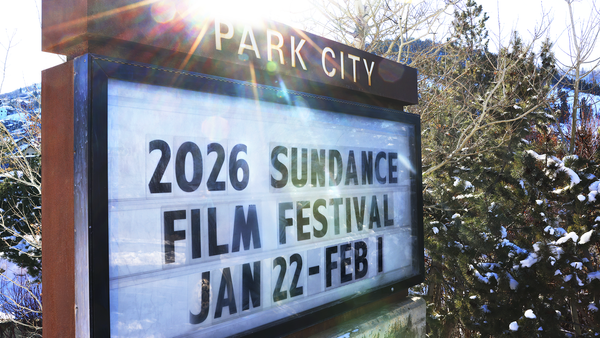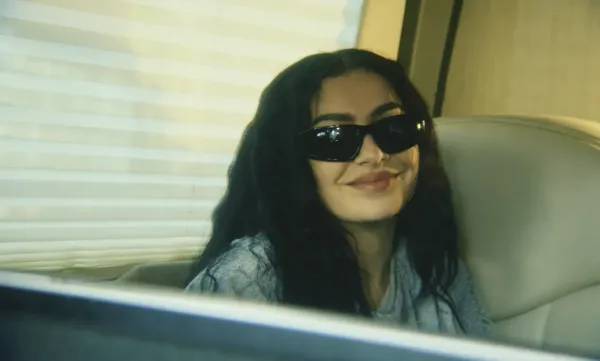Popcorn Disabilities: The Hand That Rocks the Cradle and Disabled Characters of Color
Does Disney's new remake give him a better story?
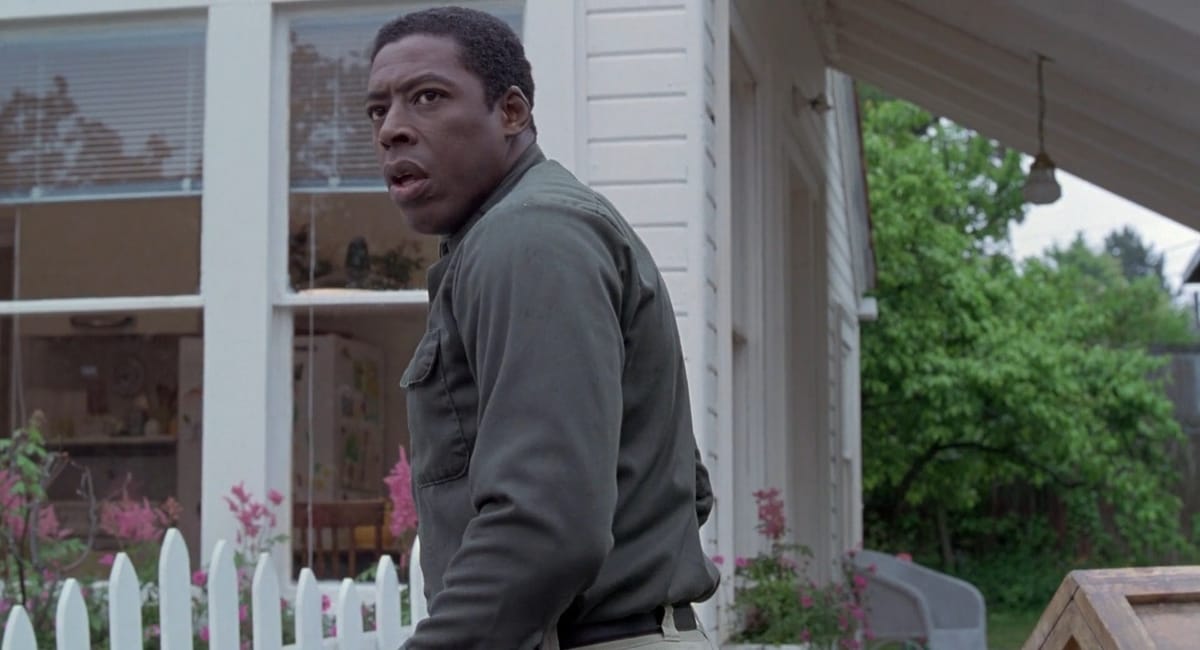
Welcome to this installment of Popcorn Disability, the series looking at disability through the lens of pop culture leading to the release of my book Popcorn Disabilities. This is a series exclusive to Gold Film Mavens.
Paid subscribers are the backbone of The Film Maven who support independent journalism, as well as female- and disabled-created content. Paid Film Mavens get access to two-three exclusive articles a week including access to my series The Trade and Popcorn Disabilities, as well as the ability to chat with me on The Film Maven's Discord server.
Enjoy what you’re reading? Share it with friends. Help us get to 1,000 subscribers by the end of 2025 and I’ll do a full written and video review of Francis Ford Coppola’s Megalopolis.
Read more about the history of disability in film by pre-ordering my upcoming book, Popcorn Disabilities: The Highs and Lows of Disabled Representation in the Movies. I not only expand on what you’re reading here, but examine the stereotypes, tropes, and the good, bad (and really ugly) of disabled movies. Preorder the book by clicking this link! Send me proof of your preorder and I’ll give you a paid subscription to The Film Maven for one year!
Intersectionality is a bad word in Hollywood, even more so in the "woke is dead" era we're currently in. You can have a disabled person in your movie. You can have a person of color in your movie. But you can't have a disabled character of color in your movie. A USC Annenberg study from 2025 bears this out, showing that "2.4% of speaking or named characters were shown with a disability. This percentage is far below U.S. census which reports that 27.2% of Americans have with a disability." A whopping 61% of those characters were men and 70.8% of them were white.
Every marginalized group faces stereotyping and erasure, and while the situations aren't the same they are analogous in that every group is looking for the same thing: acceptance and equality in movies. Each group has endured stereotyping and erasure, and for all the time it’s taken Black directors and characters to gain ground in the entertainment industry, the disabled community is still in the early days of trying to gain acceptance on its way to equality.
